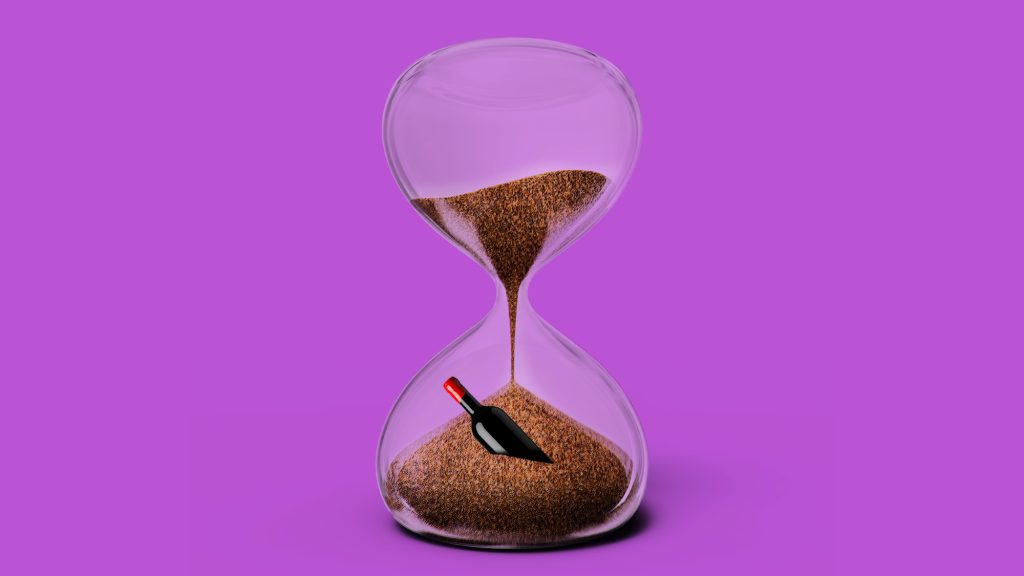If you’re at a restaurant with proper wine service, you’ll likely witness what looks like a well-rehearsed dance: A guest thumbs through a binder of options and consults the sommelier once or twice before reaching a decision for the table. The somm presents the bottle, and takes it away to open it and subtly test it for flaws. Then the server returns, presents the cork, and pours a taste for the guest for further inspection. The diner gives the go-ahead with a slightly awkward “this is great, thanks” or, if the wine is flawed, sends it back to start the process all over again.
This ritual between sommelier and guest usually stops when both parties approve the wine. But what if a diner has second thoughts after their wine is poured and the somm has moved on? VinePair tapped Mackenzie Khosla, sommelier at New York’s wine-focused pizza joint Pasquale Jones, to help navigate the tricky situation.
It’s important to establish that the traditional back-and-forth outlined above isn’t really in place to get the drinker’s opinion on the wine, but instead to gauge whether or not the wine is sound. With this in mind, the only reason a bottle of wine a guest picked out would be rejected at any point is if it’s showing off flavors that signal faults like heat damage or cork taint.
Now, if the sommelier absolutely insists on selecting a bottle and urges the guest to try it, that changes the dynamic. If the guest doesn’t like the somm’s choice, their server may be open to swapping it out for something else more in line with their typical preferences.
“If I recommend something to you that you don’t like, or if a bottle isn’t showing correctly, you absolutely can send it back and it’s my job to take it back,” Khosla says. “But if you order something on your own and then decide you don’t like it when it arrives, that doesn’t put the onus back onto the restaurant to take the loss.”
Let’s say that the guest approved and enjoyed the wine on first sniff — but after a few minutes, some unsavory aromas emerged. Khosla suggests that at this stage, it’s totally appropriate to voice those concerns to the somm, as potential flaws can appear after some time in the glass.
“When I open a bottle, there’s usually some indication that the wine may develop a flaw soon, but in that scenario, I always let the guest know: ‘Hey, I think this is good, but let’s keep an eye on it and if it goes in the wrong direction, we’ll get something else open.’”
So yes, that first glass does leave some room for discussion, but if the bottle is almost empty, well, that’s a different story.
“For me, it’s ultimately a volume thing,” Khosla says. “If you drank half the bottle but then decide something was wrong the whole time, there’s not much I can do about that. In this case, I’d say ‘too late’ has less to do with how much time and more to do with how much wine.”
The article Ask a Sommelier: When Is It Too Late to Send Back a Bottle of Wine? appeared first on VinePair.
